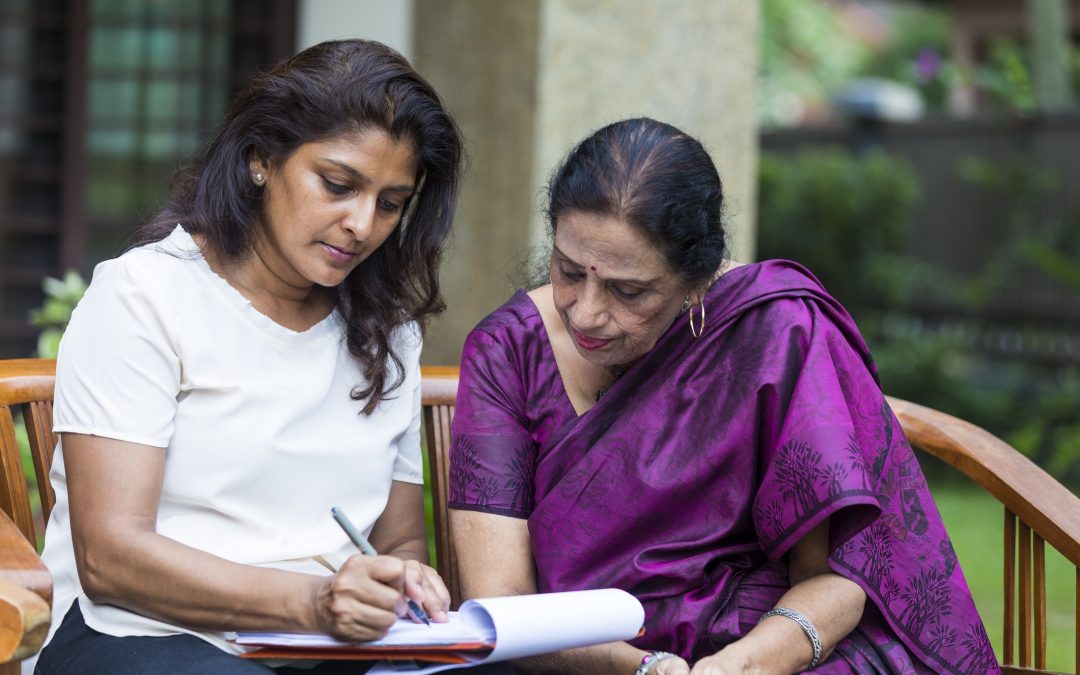Though it’s difficult to think about, you’re going to die someday. Therefore, as soon as you can put one together, you need a plan in place to protect your loved ones in the (unlikely, let’s hope) event of an untimely death.
As soon as you have an idea of how you want to distribute your estate, host a conversation about your estate plan with your family. Here’s what you’ll want them to know.
What is an estate plan?
Prior to the conversation, you’ll need to get everyone on the same page. Start by discussing what an estate plan is. Here are the basics:
An estate plan details how you want your estate—assets that include investments, savings accounts, cash, jewelry, house, clothing, etc.—divided among your heirs.
With the help of an attorney, you put together your estate in such a way that each of your beneficiaries receives the right portion of your estate and won’t have to pay too much in estate and inheritance taxes, should the total value of your estate meet taxation criteria.
It includes a will, a trust, and powers of attorney. Your will and trust form the base of your estate plan and articulate where your estate goes after you die.
A power of attorney manages your finances on your behalf if you become too ill or disabled, either from old age or unforeseen circumstances, to manage them yourself. A health care power of attorney can make medical decisions for you in such circumstances.
Who’s going to manage your estate?
To avoid fisticuffs between your family members, be clear about who’s going to manage your estate.
You need to name an executor and trustee. Your executor manages the estate within your will’s guidelines while your trustee takes care of bequests, such as trusts, for your beneficiaries. Both are emotionally taxing responsibilities, so consider naming individuals outside of your familial circle to avoid hurt feelings.
Provide estate manager information
Estates are confusing enough. Make sure your family members know where they can find your estate managers should questions arise. Keep their names, phone numbers, and email addresses easily accessible, and make sure all contact information is regularly updated.
List assets and liabilities
Put together a personal balance sheet for your family so that they know what and where your accounts are. This balance sheet will give your family a sense of the size and value of your estate, helping them manage their expectations.
State who gets what
To facilitate the smooth distribution of your assets, clearly state where you want them to go.
Alongside your balance sheet, give your family a signed sheet listing your assets, their individual and total values, and who’s getting what. Doing so should help avoid unnecessary yet all-too-common confusion and conflict.
The bottom line
Dying is awful. Settling your estate after death shouldn’t be. By taking some time to talk about your estate plan, you’re helping the loved ones you leave behind settle your estate amicably and, hopefully, easily. It may help to have your attorney with you as you talk to your family to help answer any questions.




